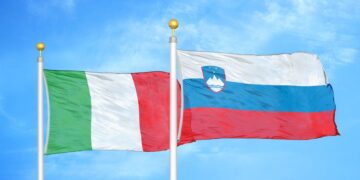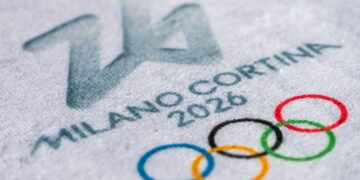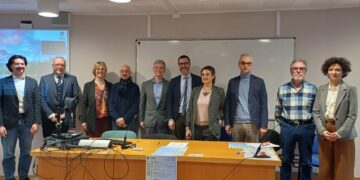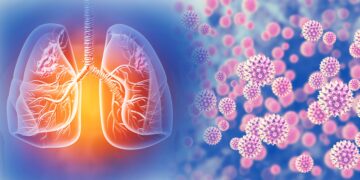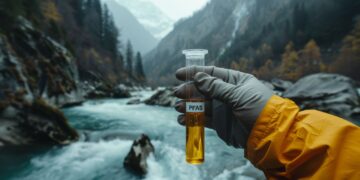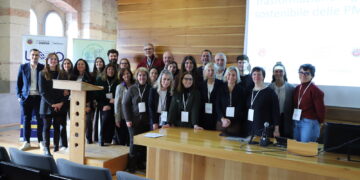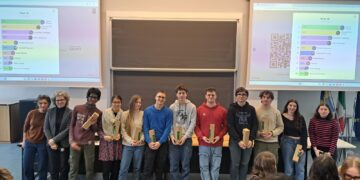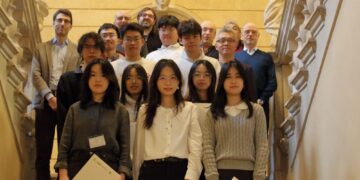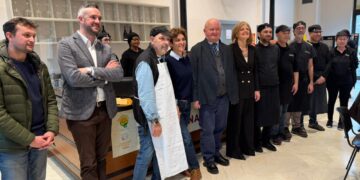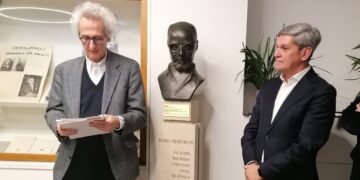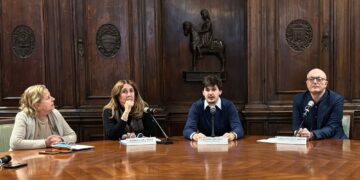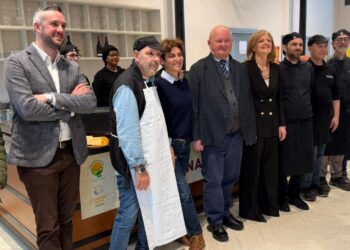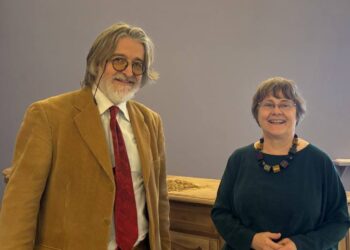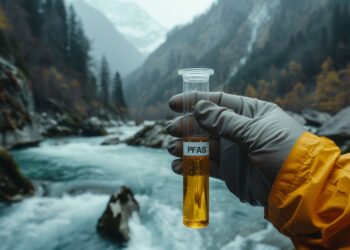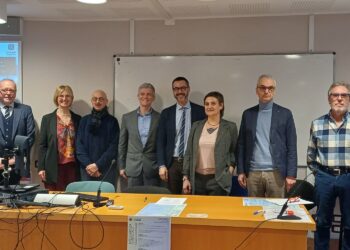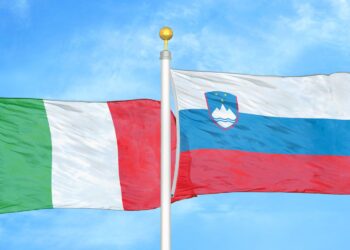EnerWater is the first University project financed in the field of Horizon2020. This European research project aims to make the system of the treatment of refluent waters well-run. It promises important repercussions also in the Veneto region. We discussed about it with Francesco Fatone as scientific coordinator for Italy and researcher of university chemical systems.
The project called Horizon2020 EnerWater deals with the so-called “water-energy nexus” and it helps to solve it with a typically engineering approach. Engineering, so we can start talking about the following data: in Europe about 1% of the electric energy consumptions is due to the purifying plants for the urban refluent water, while in Italy each citizen consumes about 40-50 kWh pro year for this service. We think that in Italy the electric energy consumed through the use of purifying plants costs about 1 milliard euros pro year. The impacts caused by these consumptions are not only economic, but also environmental. In the USA, greenhouse gas emissions together with the integrated water service are equal to about 5% of global emissions. The project Horizon2020 EnerWater faces these problems aiming to make the systems for the treatment of refluent waters efficient in order to obtain energy. We will work with 65 European purifying plants, 15 among them are in Italy, and we will develop standard techniques and methods in order to obtain the energy certification of the purifying plants for the urban refluent water. As we have just seen in other fields (for example building trade, domotics, etc.), this result will help us to obtain strong energy savings in the water resources. The project will last three years and the funding given by the European Community is of about 2 million euros.
Which role has the university and in particular which role has the research group coordinated by you within the project which boasts European partners?
The University of Verona aims to become ever more international and aims to support the companies of the territory.
EnerWater integrates the missions of UniVerona in one European project, relating the local multiutilities to the best international research and innovation scenery.
Together with the Universities of Santiago de Compostela (Spain), Cranfield (UK) and Cologne (Germany), the multy-utility Etra SpA accepted our invitation. Etra SpA will meet and will synergistically interact with other German, English and Spanish water utilities, which are partners for the project. University and European water companies will be together for the energy saving.
Horizon 2020 awarded the University of Verona a prize for its ability to put its own knowledges and competences into service of innovation . The University research group has the same target. Do you want to tell us about other projects you are dealing with or about other innovative projects in the field of water on national and international level?
After the meeting called EcoSTP2014 held in June 2014 in the Palace of Gran Guardia and in the Polo Zanotto of the University of Verona, the role of the University of Verona as international leadership in the field of water is not longer a surprise. EnerWater is the first Horizion2020 project, but it is one of other European projects (FP7, LIFE+, IEE, COST programs) which focuses on water and environment. The Group of Environmental Engineering and Bioprocesses of the Department of Biotechnology is taking part to these programs. This leadership allows our university to be considered excellent on a scientific and application level and it helps the interactions with the territorial realities.
At the moment we are dealing with European projects which focus on biotechnological production of hydrogen, methane, bioplastics and waste-derived fertilizers, such as purifying muds and zootechnical effluents. We are trying to reduce the powerful greenhouse gas emissions (such as methane and nitric oxide) due to the purifying of refluent waters and of liquid waste.
Many private companies make use of our technical and scientific competence and also of European funds. We are developing some processes in order to recover biogases and biopolymers from biodegradable nappies or from Forsu in the Trentino region and from purifying muds in Carbonera (Treviso). We are optimizing the processes of the purifying plant of Catania (one of the current greatest project in Italy). We are recovering resources from farming in Cyprus and biogases from grass-mowings.
How many funds could we draw? Since 2012 we obtained more than 800 thousand euros, more than 70% for European projects. And the future? At the moment we are focusing on other four projects, we are considering Horizon2020 and Life+ and we involved the so-called Acque Veronesi, the so-called Azienda Gardesana Servizi, the so-called Arpav, the so-called Alto Trevigiano Servizi, the so-called Consiglio di Bacino ATO Veronese and other factories of the Veneto region. If financed, we will introduce innovations in the monitoring of the Garda Lake, in the drainage of the water-bearing stratum in Valpantena and other innovations on a European level.

